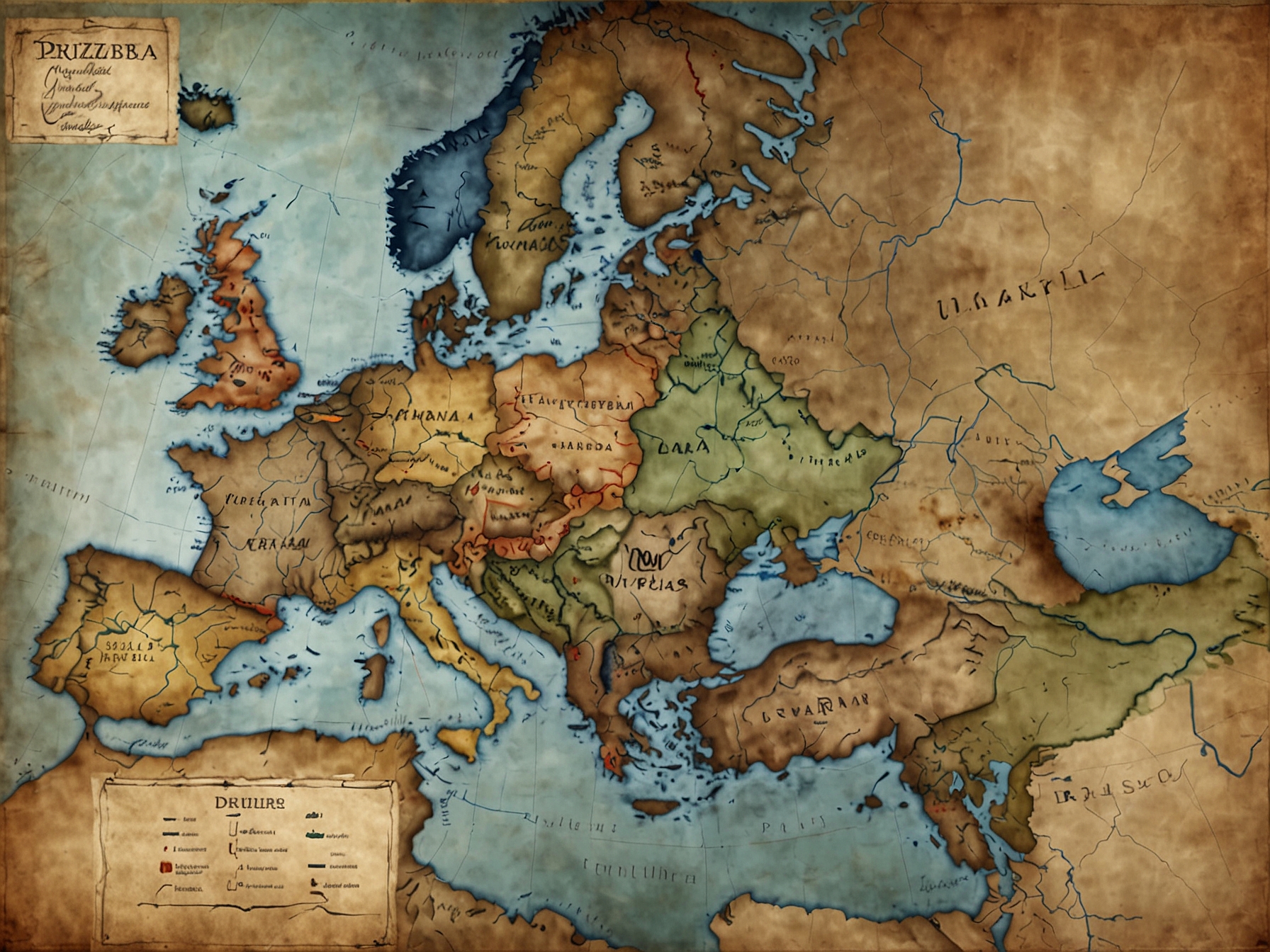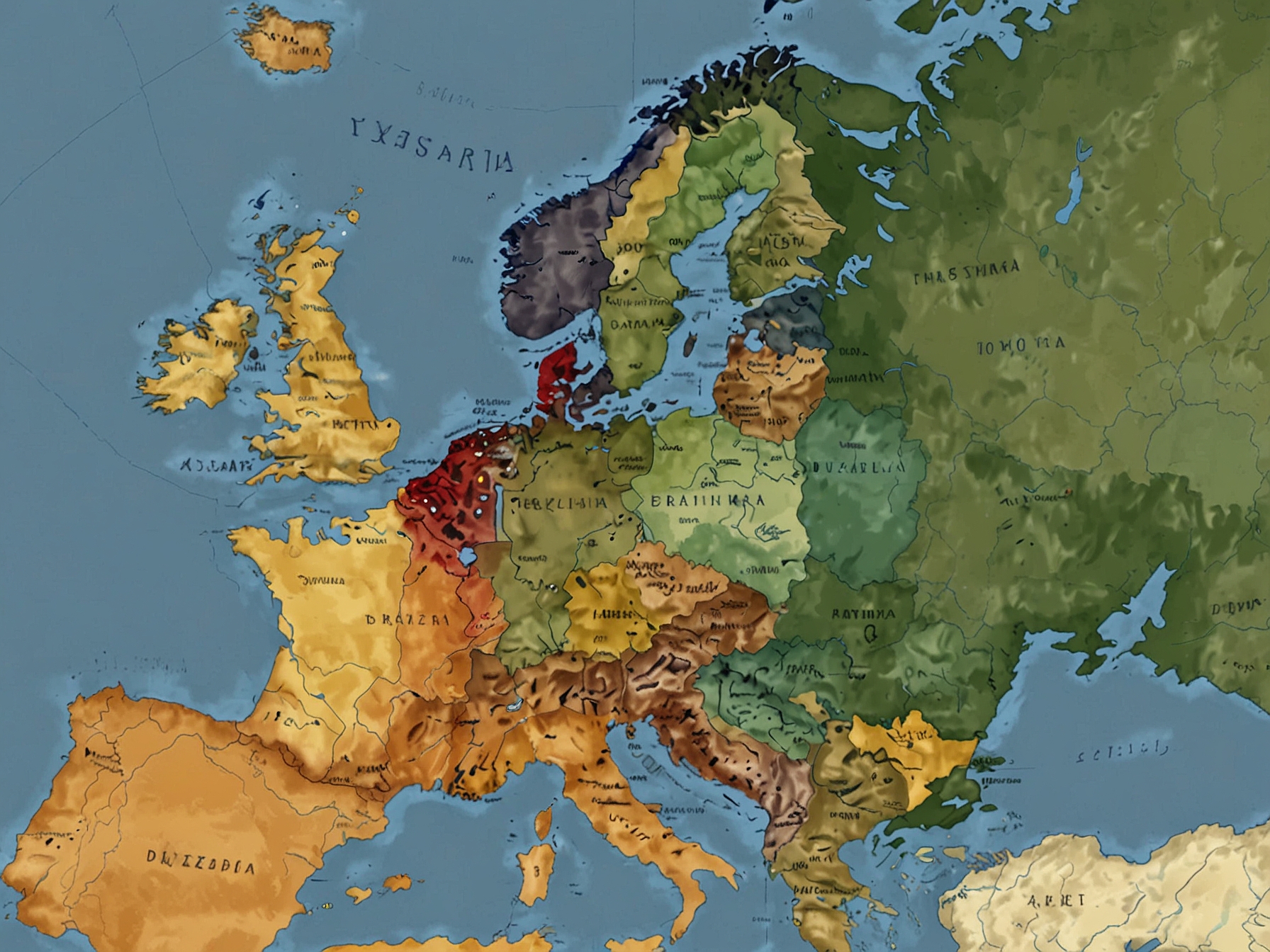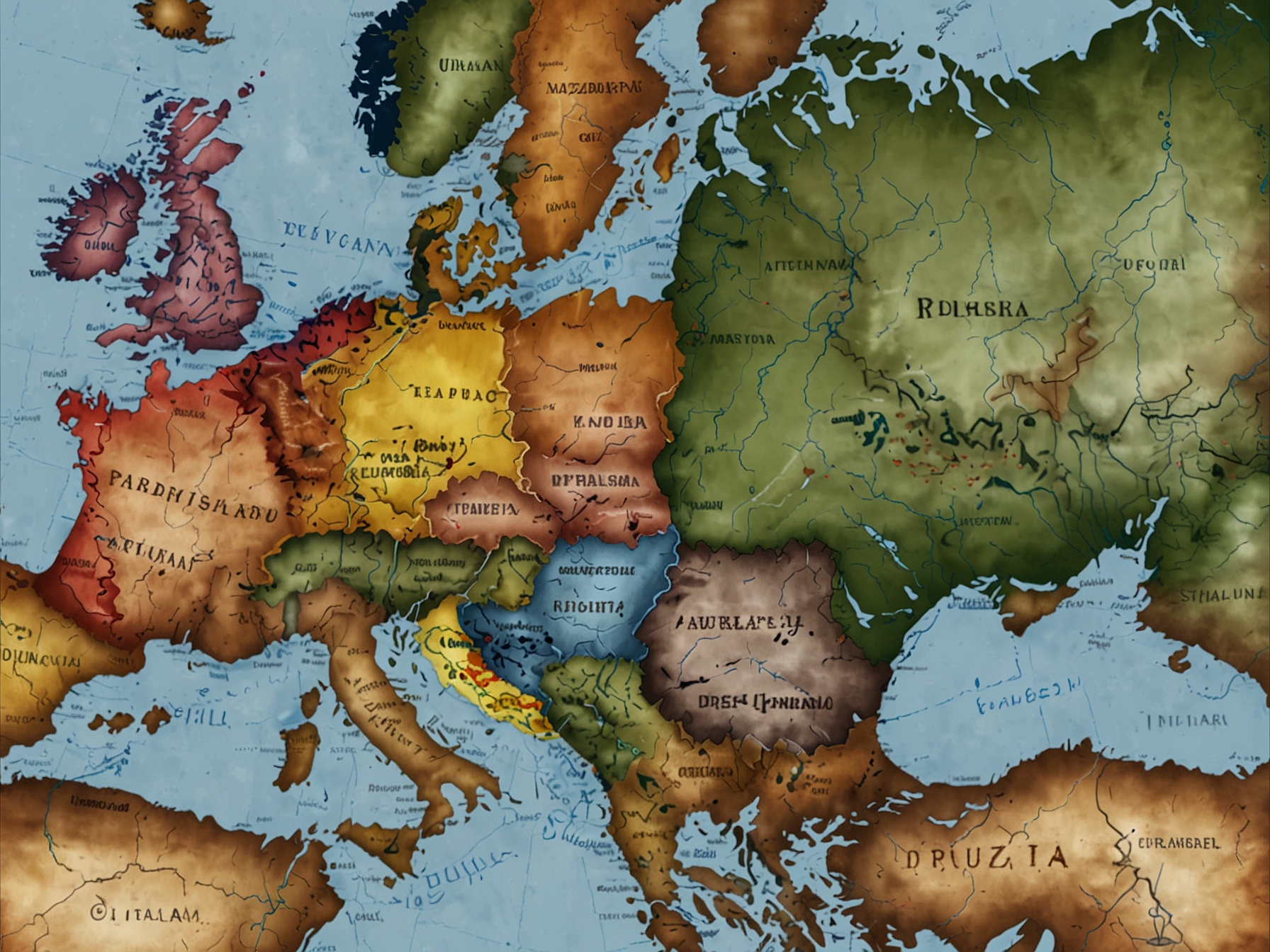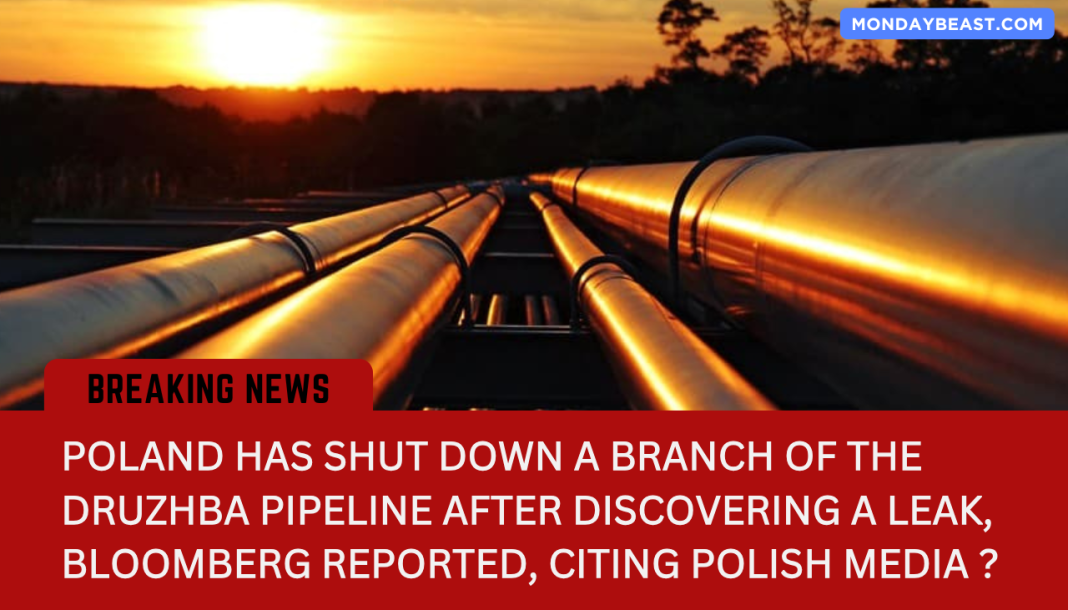In a bold move, Poland has closed a section of the Druzhba pipeline, a vital artery for Russian crude oil flowing into Central Europe. This pipeline is crucial for Germany, which depends on it for fuel for two major refineries. One of these was once owned by Rosneft, a strong tie to Russia that many thought would linger much longer.

PERN, the Polish pipeline operator, assured that this partial shutdown would not disrupt crude oil deliveries. Yet, how can we trust these assurances when the stakes are so high? The geopolitical landscape is shifting. With the backdrop of the Russia-Ukraine conflict, EU nations are scrambling to break free from Russian oil dependence. Many face immediate hurdles, and the question remains—what alternatives do they have?
Kazakh oil has emerged as a potential substitute to fuel Germany’s Schwedt refinery. But can Kazakhstan really fill the void left by Russian supplies? Many might recall that moment when the world first heard about this shift. It was a turning point, a call to action for many Central European nations ready to distance themselves from Moscow’s grip.

This isn’t an isolated incident. Last August, another leak in the Druzhba pipeline forced PERN to halt operations temporarily. These leaks raise alarm bells. Oil infrastructure isn’t just a network; it’s the lifeblood of economies. And when it falters, so do the nations reliant on it. History may tell us more about oil, but it doesn’t always provide comfort.
Druzhba means ‘friendship’ in Russian. Ironically, it has become a symbol of growing tensions. With two branches, one through Belarus and another via Ukraine, the pipeline service carries crude oil to several countries. Yet, even as European nations grapple with the implications, flows through Druzhba remain exempt from EU sanctions.

However, Germany and Poland had other plans. On January 1, 2023, they ceased Russian crude imports. This decisive action sent ripples through the energy market. For Hungary and Slovakia, the reality is different. They remain entangled in Russian ties. Does this create a sense of unease across the continent?
As many eyes turn toward the future, thoughtful discussions about energy alternatives intensify. How do countries collectively navigate a path toward energy independence? These are more than just technical dilemmas; they are existential questions shaping the fate of nations.
Central Europe now stands at a crossroads. The energy crisis compels nations to contemplate their strategies. As they innovate and adapt, the political ramifications are staggering. From rural towns dependent on refineries to bustling urban centers reliant on stable energy supplies, the impacts are diverse. How resilient can these nations be in the face of shifting tides? Readers, what will you see as we watch this story unfold?




